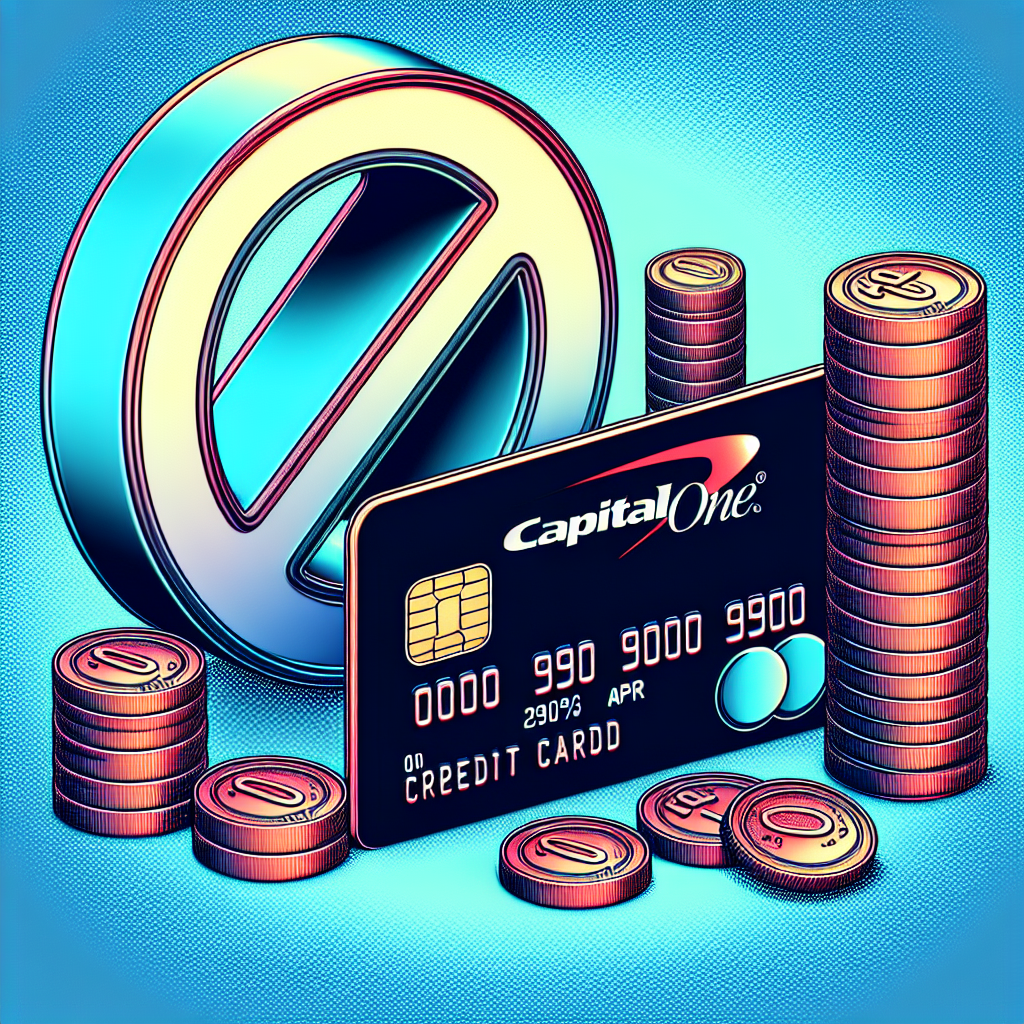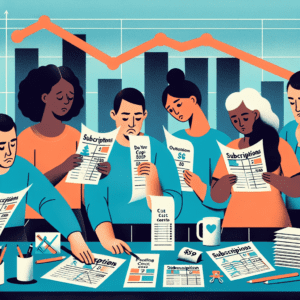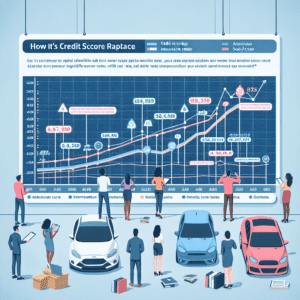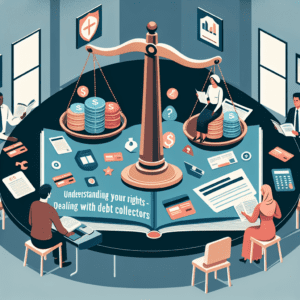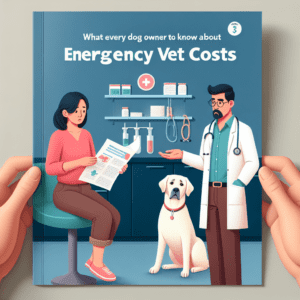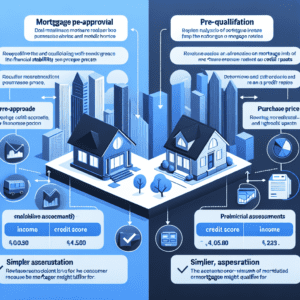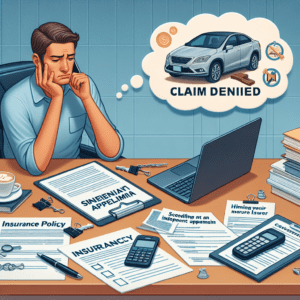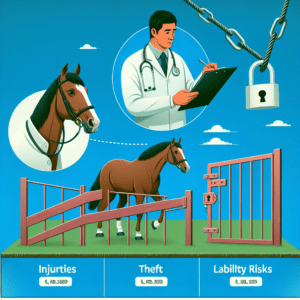“Reduce Your Debt Without Bankruptcy – Find Out If You Qualify for Settlement Today!”
**Debt Settlement vs. Bankruptcy: Which Is Right for You?**
When facing overwhelming debt, it is essential to explore all available options before making a decision that could have long-term financial consequences. Two common solutions for managing unmanageable debt are debt settlement and bankruptcy. While both approaches aim to provide relief, they differ significantly in their impact on credit, financial stability, and future borrowing opportunities. Understanding these differences can help determine which option is best suited to your financial situation.
Debt settlement is a process in which a debtor negotiates with creditors to reduce the total amount owed. This approach typically involves working with a debt settlement company or negotiating directly with creditors to reach an agreement that allows for a lump-sum payment or structured repayment plan at a reduced amount. One of the primary advantages of debt settlement is that it enables individuals to avoid the severe consequences of bankruptcy while still achieving significant debt reduction. Additionally, it allows for more control over the negotiation process, as debtors can work with creditors to establish terms that are manageable within their financial means.
However, debt settlement is not without its drawbacks. Creditors are not obligated to accept settlement offers, and the process can take several months or even years to complete. During this time, missed payments may continue to negatively impact credit scores. Furthermore, forgiven debt may be considered taxable income, potentially leading to additional financial obligations. Despite these challenges, debt settlement remains a viable option for individuals who have a steady income and can afford to make negotiated payments but are struggling with high levels of unsecured debt.
On the other hand, bankruptcy is a legal process that provides individuals with a fresh financial start by discharging or restructuring their debts. There are two primary types of personal bankruptcy: Chapter 7 and Chapter 13. Chapter 7 bankruptcy involves liquidating non-exempt assets to pay off creditors, after which most remaining debts are discharged. This option is typically available to individuals with little to no disposable income. Chapter 13 bankruptcy, in contrast, allows debtors to restructure their debts into a court-approved repayment plan, usually lasting three to five years. This option is often chosen by individuals who have a steady income and wish to retain their assets while repaying a portion of their debts.
While bankruptcy can provide immediate relief from creditor harassment and legal actions such as wage garnishments or lawsuits, it also carries significant consequences. A bankruptcy filing remains on a credit report for up to ten years, making it more difficult to obtain loans, secure housing, or even find employment in certain industries. Additionally, some debts, such as student loans and certain tax obligations, are not dischargeable through bankruptcy. Given these long-term effects, bankruptcy should be considered only after exploring alternative solutions.
For individuals seeking to reduce their debt without resorting to bankruptcy, debt settlement may be a preferable option. It offers the potential for substantial debt reduction while avoiding the lasting damage to credit that bankruptcy can cause. However, it is crucial to assess one’s financial situation carefully and consult with a financial professional to determine the most appropriate course of action. By understanding the differences between debt settlement and bankruptcy, individuals can make informed decisions that align with their financial goals and long-term stability.
**How to Qualify for Debt Settlement and Reduce Your Debt Fast**

Debt settlement can be an effective way to reduce your financial burden without resorting to bankruptcy. By negotiating with creditors, you may be able to lower the total amount you owe, making repayment more manageable. However, not everyone qualifies for debt settlement, and understanding the eligibility requirements is essential before pursuing this option.
To begin with, debt settlement is typically available to individuals who are experiencing significant financial hardship. Creditors are more likely to negotiate if they believe you are genuinely struggling to make payments. Common qualifying hardships include job loss, medical expenses, divorce, or other unexpected financial setbacks. If you have a steady income and can afford to make regular payments, creditors may be less inclined to settle your debt for a reduced amount.
Another key factor in qualifying for debt settlement is the type of debt you carry. Generally, unsecured debts such as credit card balances, personal loans, and medical bills are eligible for settlement. Secured debts, including mortgages and auto loans, are not typically included because they are backed by collateral. Additionally, federal student loans are usually ineligible for settlement, though private student loans may sometimes be negotiated. Understanding which debts qualify can help you determine whether this approach is right for your financial situation.
In addition to the type of debt, the amount you owe plays a crucial role in determining eligibility. Most creditors are unwilling to negotiate small balances, as they prefer to collect the full amount owed. Debt settlement is often more effective for individuals with significant outstanding balances, typically $10,000 or more. If your debt is relatively low, other options such as budgeting, debt consolidation, or credit counseling may be more suitable alternatives.
Furthermore, your payment history and current financial standing can impact your ability to settle your debts. Creditors are more likely to negotiate if you have already missed multiple payments or are on the verge of default. If you are still making minimum payments on time, they may see little incentive to accept a reduced amount. However, intentionally missing payments to qualify for settlement can have serious consequences, including damage to your credit score and potential legal action from creditors. It is important to carefully assess your financial situation before deciding on this course of action.
Once you determine that you may qualify for debt settlement, the next step is to work with a reputable debt settlement company or negotiate directly with creditors. If you choose to work with a settlement company, ensure that it is accredited and has a strong track record of success. Be cautious of companies that charge high upfront fees or make unrealistic promises, as some may engage in fraudulent practices. If you prefer to negotiate on your own, be prepared to present a clear case for why a settlement is necessary and offer a reasonable lump-sum payment or structured repayment plan.
Ultimately, debt settlement can be a viable solution for those facing financial hardship, but it is not the right choice for everyone. Carefully evaluating your financial situation, understanding the eligibility requirements, and exploring alternative options can help you make an informed decision. By taking the right steps, you can work toward reducing your debt and regaining financial stability without resorting to bankruptcy.
**Steps to Settle Your Debt Without Filing for Bankruptcy**
Settling your debt without filing for bankruptcy is a viable option for individuals seeking financial relief while avoiding the long-term consequences of bankruptcy. By negotiating with creditors, you may be able to reduce the total amount owed and establish a manageable repayment plan. However, this process requires careful planning, strategic communication, and a clear understanding of your financial situation. To begin, assessing your current financial standing is essential. Reviewing your outstanding debts, interest rates, and monthly obligations will provide a comprehensive picture of your financial health. This step allows you to determine how much you can realistically afford to pay toward a settlement. Additionally, obtaining a copy of your credit report can help you identify any discrepancies and ensure that all debts are accounted for before proceeding with negotiations.
Once you have a clear understanding of your financial obligations, the next step is to explore settlement options. Debt settlement typically involves negotiating with creditors to reduce the total amount owed in exchange for a lump-sum payment or a structured repayment plan. Some creditors may be willing to accept a lower amount if they believe it increases the likelihood of recovering a portion of the debt. To improve your chances of success, it is important to communicate effectively with creditors and present a compelling case for why a settlement is necessary. Explaining any financial hardships, such as job loss or medical expenses, can help demonstrate your inability to pay the full amount while showing your willingness to resolve the debt.
If negotiating directly with creditors seems overwhelming, seeking assistance from a reputable debt settlement company may be beneficial. These companies specialize in negotiating with creditors on behalf of consumers and can often secure more favorable terms. However, it is crucial to research and choose a trustworthy organization, as some companies charge high fees or make unrealistic promises. Verifying a company’s credentials, reading customer reviews, and understanding the terms of their services can help ensure that you are working with a legitimate provider.
After reaching a settlement agreement, it is important to obtain the terms in writing before making any payments. A written agreement protects you from potential disputes and ensures that both parties adhere to the agreed-upon terms. Additionally, keeping detailed records of all payments made toward the settlement can serve as proof of compliance in case any issues arise in the future.
While settling your debt can provide financial relief, it is also important to consider the potential impact on your credit score. Debt settlements are typically reported to credit bureaus and may lower your credit score in the short term. However, successfully settling your debts can be a step toward financial recovery, allowing you to rebuild your credit over time. To improve your financial stability moving forward, creating a budget, managing expenses, and avoiding unnecessary debt can help prevent future financial difficulties.
Ultimately, settling your debt without filing for bankruptcy requires careful planning, effective negotiation, and a commitment to financial responsibility. By taking proactive steps and exploring available options, you can work toward reducing your debt burden while maintaining control over your financial future.

